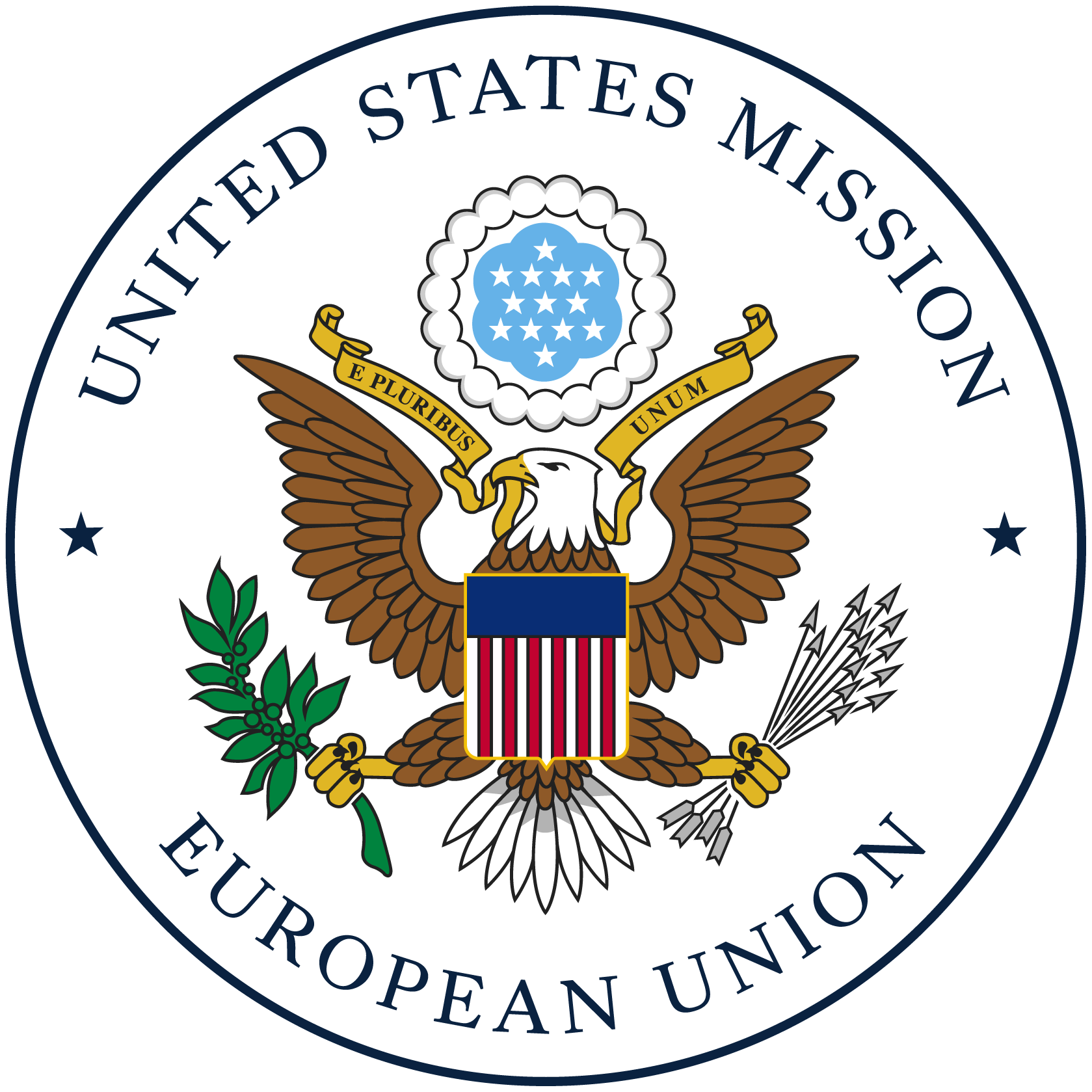Legislation
The current rules in the EU on the entry of personal consignments of animal products in to the EU, whether accompanied or by mail, are laid on Commission Delegated Regulation (EU) 2019/2122 which replaces and repeals the previously Commission Regulation (EC) No. 206/2009.
- Individuals are not permitted to bring in meat, milk or their products into the EU as certain pathogens could be introduced in the EU, unless they are coming with less than 10kg of these products from the Faroe Islands or Greenland.
- There is an exemption for powdered infant milk, infant food, and special foods or special pet feed required for medical reasons, if weighing less than 2 kilograms, provided that:
- those products do not require refrigeration before opening,
- products are packaged, proprietary brand products for direct sale to the consumer, and
- the packaging is unbroken, unless currently being used
- For fishery products (incl. fish and certain shellfish such as shrimps, lobsters, and dead mussels and dead oysters), travelers may bring in up to 20 kilograms or the weight of one fish if this is higher.
- For other animal products, such as honey, live oysters, live mussels and snails, for example, travelers are allowed to bring in up to 2 kilograms.
- Product samples destined for human consumption have to comply with the food regulations applicable in the EU. In order to send product samples to commercial trade shows, it is advised to make contact with the FAS office international offices Directory in the Member State where the trade show takes place. Please also contact these offices for information on exports of food samples for technical or research purposes.
Rules of Enforcement
Enforcing the rules governing the introduction of personal consignments of meat, milk or their products is vital. Provisions include:
- The organization of controls at EU entry points to detect the presence of illegal consignments of meat, milk or their products
- Where necessary, the deployment of appropriate detection aids such as scanning equipment and detector dogs to screen large quantities of baggage
- The seizure and destruction of personal consignments that are found to be in breach of the rules
- Mechanisms to ensure that those responsible for illegal consignments may be liable for costs or penalties

